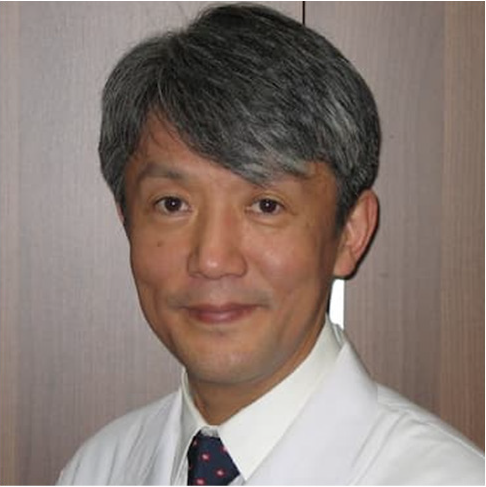Need Help?
24 July 2023
International Medical Education | Invitation to Read Editor-in-Chief's Article Recommendations and Testimonials

We are pleased to share with you two high-quality papers recommended by our Editor-in-Chief, Prof. Dr. Hideki Kasuya, and the testimonials written by him for both papers.

Prof. Dr. Hideki Kasuya
Editor-in-Chief
Affiliation: Nagoya University Graduate School of Medicine, Nagoya, Japan
Interests: international medical education; international affairs; clinical oncology; pancreatic cancer; oncolytic virus therapy; cell therapy; gastroenterological surgery; human genetics
- “Five Lessons for Effectively Transitioning Problem-Based Learning to Online Delivery”
by Mandar Jadhav, Deepika Shaligram, Bettina Bernstein, Sandra DeJong, Jeffrey Hunt, Say How Ong, Anthony Guerrero and Norbert Skokauskas
Int. Med. Educ. 2023, 2(1), 35-40; https://doi.org/10.3390/ime2010004
Available online: https://www.mdpi.com/2813-141X/2/1/4
Testimonial from Prof. Dr. Hideki Kasuya:
In this article, Jadhav et al. present valuable insights on effectively transitioning problem-based learning (PBL) from in-person settings to online delivery. The authors address the challenges faced by educators and learners during the COVID-19 pandemic and provide five key lessons learned.
The recommendations put forward by the authors include using webcams with automatic person-tracking and standing desks to enhance non-verbal gestures, selecting the appropriate online platform to support participant positioning and eye contact, utilizing breakout rooms and chat functions to approximate mini groups, employing viewports or online multi-party authoring for visual tools, and investing in faculty training for effective participant management.
This article highlights the benefits of online PBL, such as flexibility, increased access to learning, and the integration of multimedia techniques. The authors also discuss the potential of hybrid PBL, combining online and in-person elements, to enhance medical education on a global scale.
Given the growing importance of online education, this article provides timely and practical guidance for educators, curriculum developers, and medical professionals involved in PBL. Its concise yet informative content makes it a valuable addition as an editor's pick, offering actionable strategies to navigate the challenges of transitioning PBL to online delivery while ensuring the quality and accessibility of medical education in the digital era.
- "Educator Feedback Skill Assessment: An Educational Survey Design Study"
by Alex Moroz, Jennifer Stone, Francis Lopez, Cynthia Racine and Kristin Carmody
Int. Med. Educ. 2022, 1(2), 97-105; https://doi.org/10.3390/ime1020012
Available online: https://www.mdpi.com/2813-141X/1/2/12
Testimonial from Prof. Dr. Hideki Kasuya:
The article titled "Educator Feedback Skill Assessment: An Educational Survey Design Study" by Alex Moroz et al. presents a study aimed at creating an assessment instrument to measure educator feedback skills in medical education. The authors address the challenge of delivering impactful feedback and the lack of a generalizable assessment tool for measuring the quality of feedback in this field.
Using a research model based on Messick's construct validity framework, the study involves expert validation, cognitive interviews, and data analysis. The authors refined the assessment instrument through expert reviews and qualitative analysis of cognitive interviews with experienced feedback providers. The final instrument, named the Educator Feedback Skill Assessment (EFSA), consists of 10 items with three response options each.
The study emphasizes the importance of high-quality feedback in professional health education and the need for reliable measurement tools to assess feedback skills. The authors discuss the potential implications of their findings, including enhancing the theoretical understanding of feedback dimensions and facilitating reliable scoring of feedback performance assessments. They acknowledge the collaborative nature of the study, involving prominent scholars and faculty members from diverse departments.
While the article focuses on content validity, the authors acknowledge the need for future research to explore other aspects of validity and the psychometric properties of EFSA. They propose further studies to test the instrument in various settings, examine its relationship with external measures, and investigate the impact of feedback on physicians' behavior and performance.
In conclusion, this article presents a valuable contribution to medical education by creating and refining an assessment instrument for measuring educator feedback skills. It sets the stage for future research and highlights the importance of feedback in improving healthcare outcomes.

